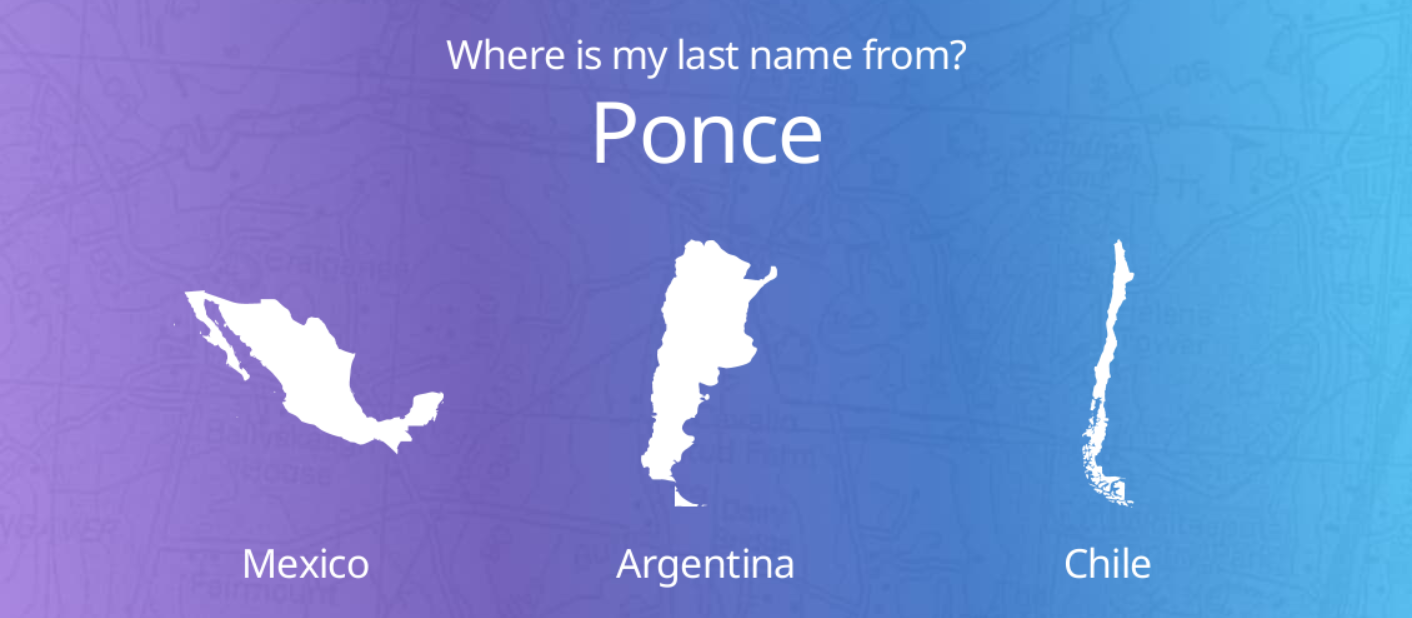
Ponce is a surname and given name with a rich history and diverse cultural significance. Its origins can be traced back to medieval Spain, where it emerged as both a patronymic and toponymic surname.
Origin:
The name Ponce has multiple potential origins:
- As a patronymic surname, it derives from the Latin name “Pontius,” which was borne by several early Christian saints. The most famous of these is Pontius Pilate, the Roman governor of Judaea who presided over the trial of Jesus Christ.
- It may also be a toponymic surname, referring to someone from any of the various places named Ponce, particularly in Spain.
- In some cases, it could be related to the Old French word “ponce,” meaning “pumice stone,” possibly indicating an occupation related to stonework.
Meaning:
The meaning of Ponce varies depending on its origin:
- If derived from “Pontius,” it relates to the ancient Roman clan name “Pontius,” which may mean “fifth” (from Latin “quintus”).
- As a place name, its meaning would depend on the specific location’s etymology.
- If related to the French “ponce,” it would mean “pumice” or “pumice worker.”
Popularity:
While not among the most common names, Ponce has maintained a steady presence, particularly in Spanish-speaking countries and communities. It’s more frequently used as a surname than a given name.
Inspiration:
The name Ponce may inspire connections to:
- Historical figures like Juan Ponce de León, the Spanish explorer and first Governor of Puerto Rico.
- The city of Ponce in Puerto Rico, named after the explorer’s great-grandson.
- The concept of nobility, as “Ponce” was often used as a title of nobility in medieval Spain.
People named Ponce might draw inspiration from the name’s association with exploration, leadership, and cultural heritage. The name’s endurance through centuries of Spanish and Latin American history also speaks to its resilience and cultural significance.




